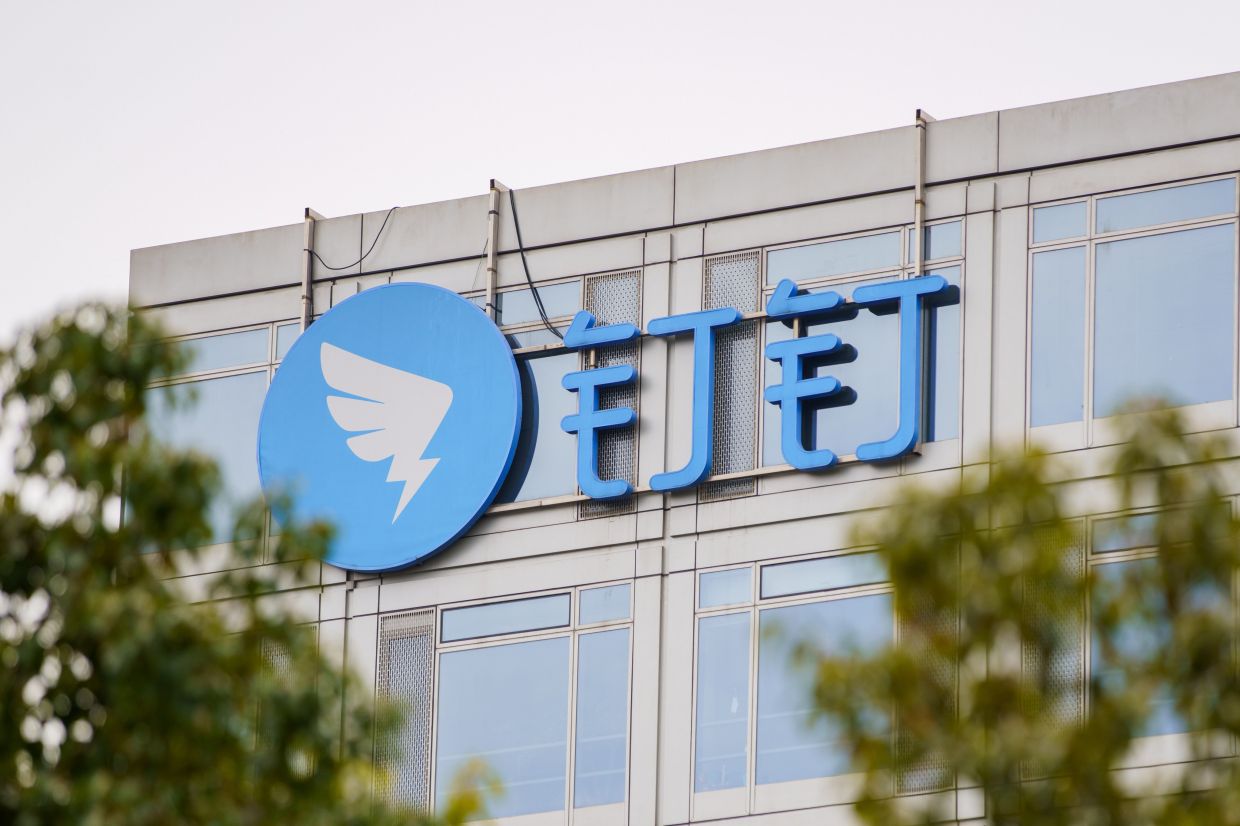The Rise of AI-Powered Note-Taking Gadgets in China
The landscape of office technology in China is rapidly evolving, driven by the introduction of innovative products that leverage artificial intelligence (AI). A recent standout in this arena is the credit-card-sized note-taking recorder launched by Alibaba Group Holding’s DingTalk unit. This new gadget is part of a growing trend among Chinese tech firms to create AI-integrated hardware, designed to enhance productivity for office workers.
The DingTalk A1: Features and Capabilities
Unveiled in late August during a corporate event celebrating DingTalk’s 10th anniversary, the DingTalk A1 voice recorder is a compact device packed with cutting-edge AI capabilities. This small gadget offers functions such as meeting transcriptions, summaries, and even real-time translation across multiple languages, all aimed at making the workday smoother for users.
DingTalk’s chief executive, Chen Hang, highlighted the recorder’s robust transcription capabilities, developed in collaboration with Alibaba’s Tongyi AI lab. The lab utilized over 100 million hours of audio content for training, allowing the device to comprehend more than 100 languages and over 30 different Chinese dialects, as well as industry-specific jargon across 200 sectors. This level of understanding positions the A1 as a unique “AI office assistant,” capable of generating meeting minutes and summarizing lengthy recordings without any human oversight.
Pricing and Market Position
The DingTalk A1 is available in two models, priced at 499 yuan (approximately US$70) and 799 yuan, making it a cost-effective alternative in comparison to its competitors. The recently launched Plaud Note Pro, another AI note-taker developed by a US startup, retails for about US$179, reflecting a significant price difference that may attract budget-conscious consumers.
Competition in the AI Note-Taking Space
DingTalk’s launch of the A1 coincides with increasing competition from other tech companies within China. Mobvoi, an AI hardware manufacturer based in Beijing, recently introduced TicNote, a similar product that also offers live transcriptions and translations for various settings, such as office meetings and academic lectures. Priced at around US$159.99, TicNote is yet another player in a burgeoning market where AI is rapidly being integrated into user-friendly gadgets.
A Booming AI Hardware Market
The AI hardware market, particularly in China, is expected to undergo explosive growth. According to consultancy Runto, the market – excluding AI-enhanced phones and vehicles – is projected to reach 1.1 trillion yuan this year alone. This expected growth is fueled by several factors, including supportive government policy for the public sector’s use of AI, an ongoing drive for tech self-sufficiency, and a transformation occurring within traditional industries.
Liu Chuang, a researcher at Runto, emphasizes the diverse penetration of AI in consumer electronics: while robot cleaners see penetration rates as high as 90%, the personal computer industry is observing around a 50% integration rate. Major brands like Lenovo and Huawei are aggressively adopting AI technologies to enhance the appeal of their products.
Future Forecast for AI in Hardware
Looking ahead, Runto projects that the Chinese AI hardware market will more than double by 2030, reaching an estimated 2.5 trillion yuan. This growth suggests a robust demand for innovative AI solutions and underlines the commitment of Chinese firms to integrate advanced technologies into everyday electronics.
The influx of AI-powered gadgets like the DingTalk A1 is a clear testament to the potential of technology to reshape the professional landscape. As more firms join the fray, the competition is likely to spur further innovations, continuously enhancing the daily operations of businesses across various sectors.



